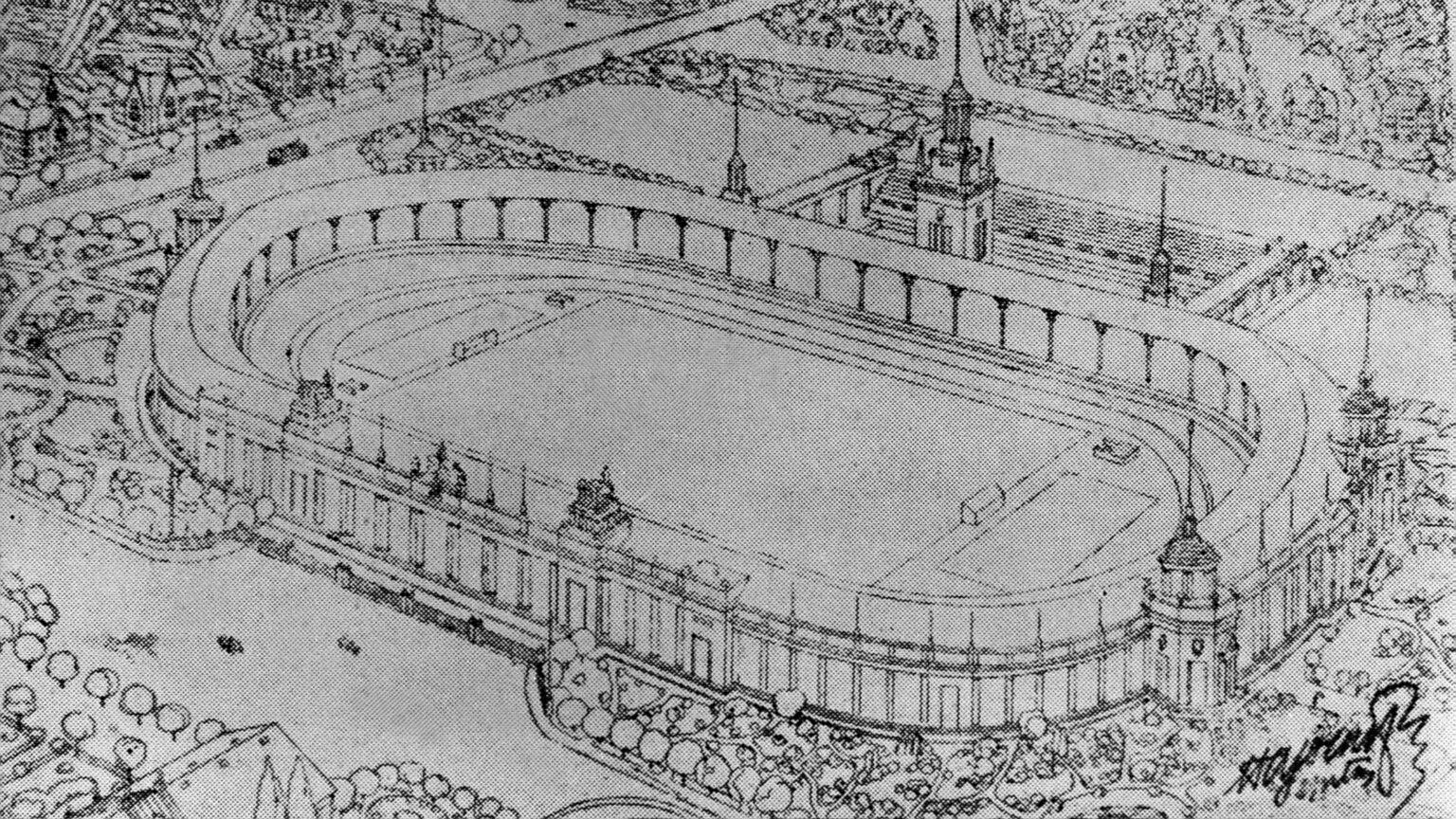
From 1 January 2026, the works of Albert Einstein, Thomas Mann and hundreds of other authors and artists can be freely used, as copyright protection expires 70 years after the creator’s death, Hungary’s Intellectual Property Office said.

The death of Hungarian world champion sprint canoeist Miklós Dudás has taken a disturbing turn after Budapest police opened a criminal investigation into suspected bodily harm resulting in death. New autopsy findings have raised serious questions about the circumstances surrounding the 34-year-old athlete’s sudden passing.

Mercedes will begin producing the A-Class in Hungary from this year, expanding its manufacturing footprint in Kecskemét. The move further strengthens Hungary’s role in the company’s European production network, according to Foreign Minister Péter Szijjártó.

Béla Tarr, one of the most influential figures in Hungarian and international cinema, has died at the age of 70 after a long illness. Renowned for films such as Sátántangó and Werckmeister Harmonies, his work reshaped modern film language.
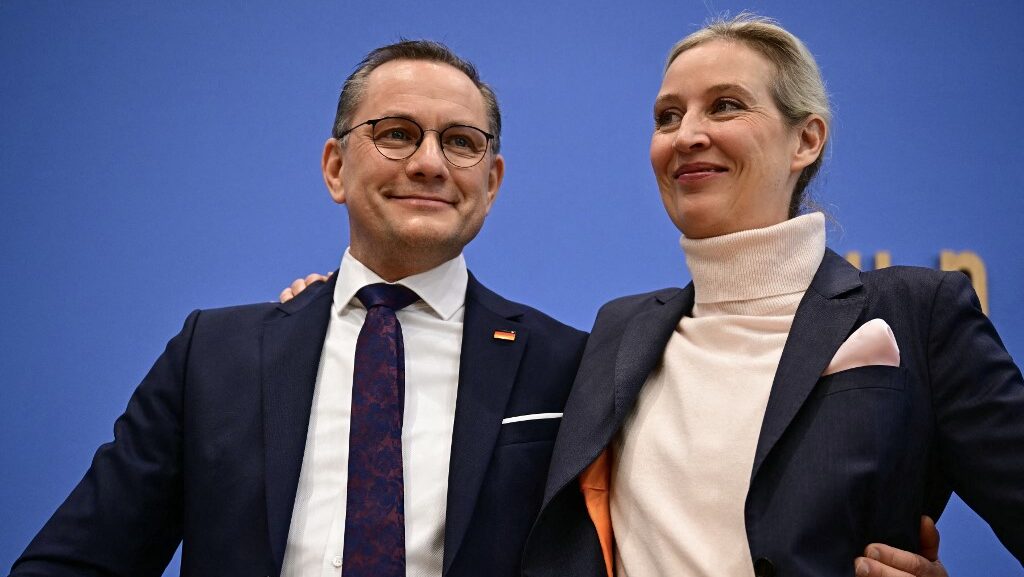
AfD has entered 2026 as Germany’s most popular party, widening its advantage over the CDU in the first poll of the New Year. As the party surges ahead of all governing parties, the results reflect a growing rejection of establishment politics ahead of decisive state elections.
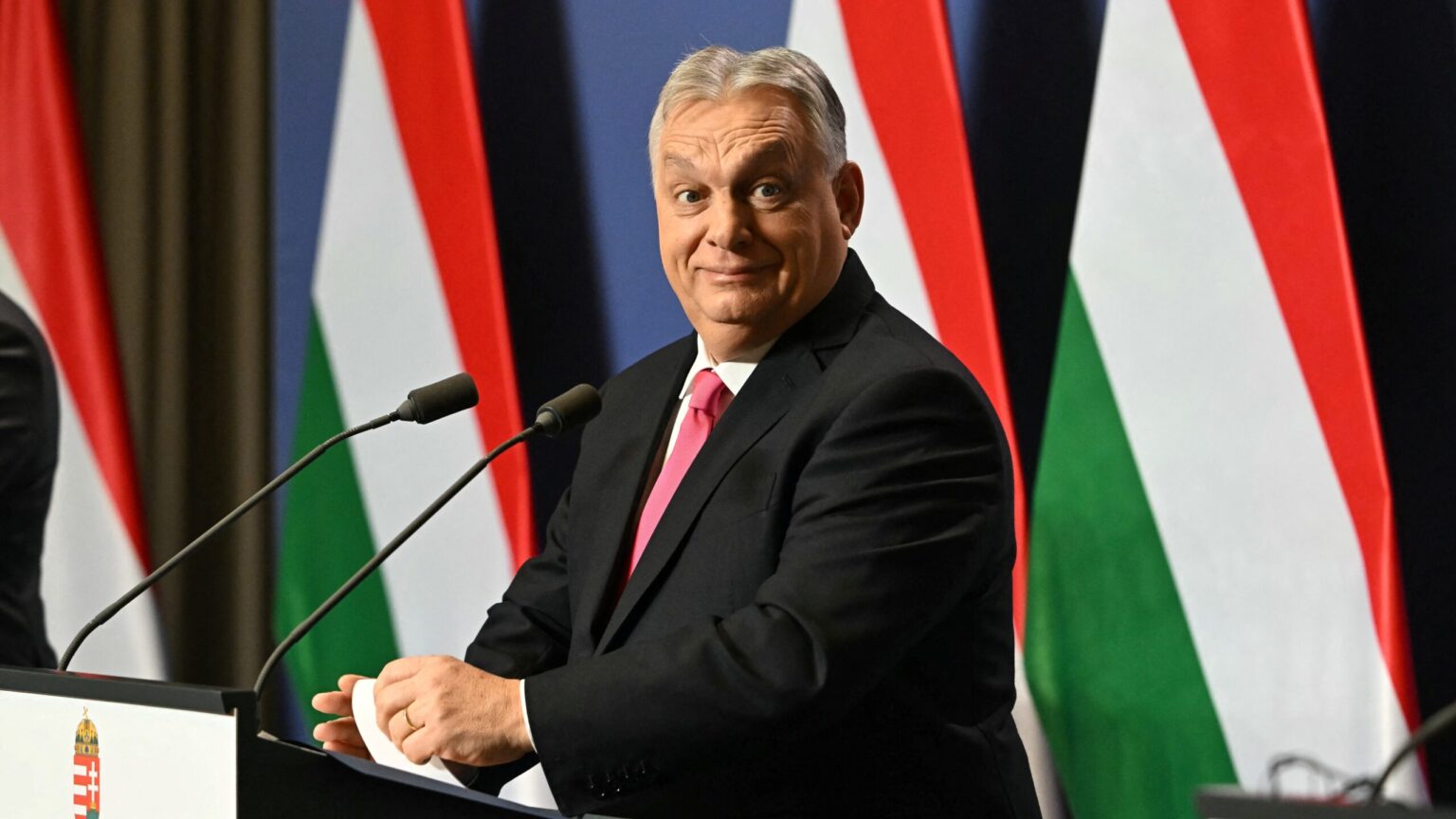
Viktor Orbán has once again turned political controversy into country branding, using a provocative social media post to promote Hungary to right-wing foreign tourists. Claiming democracy is in decline across Europe but thriving in Hungary, the prime minister invited followers to ‘come and see’ under the hashtag #VisitHungary.
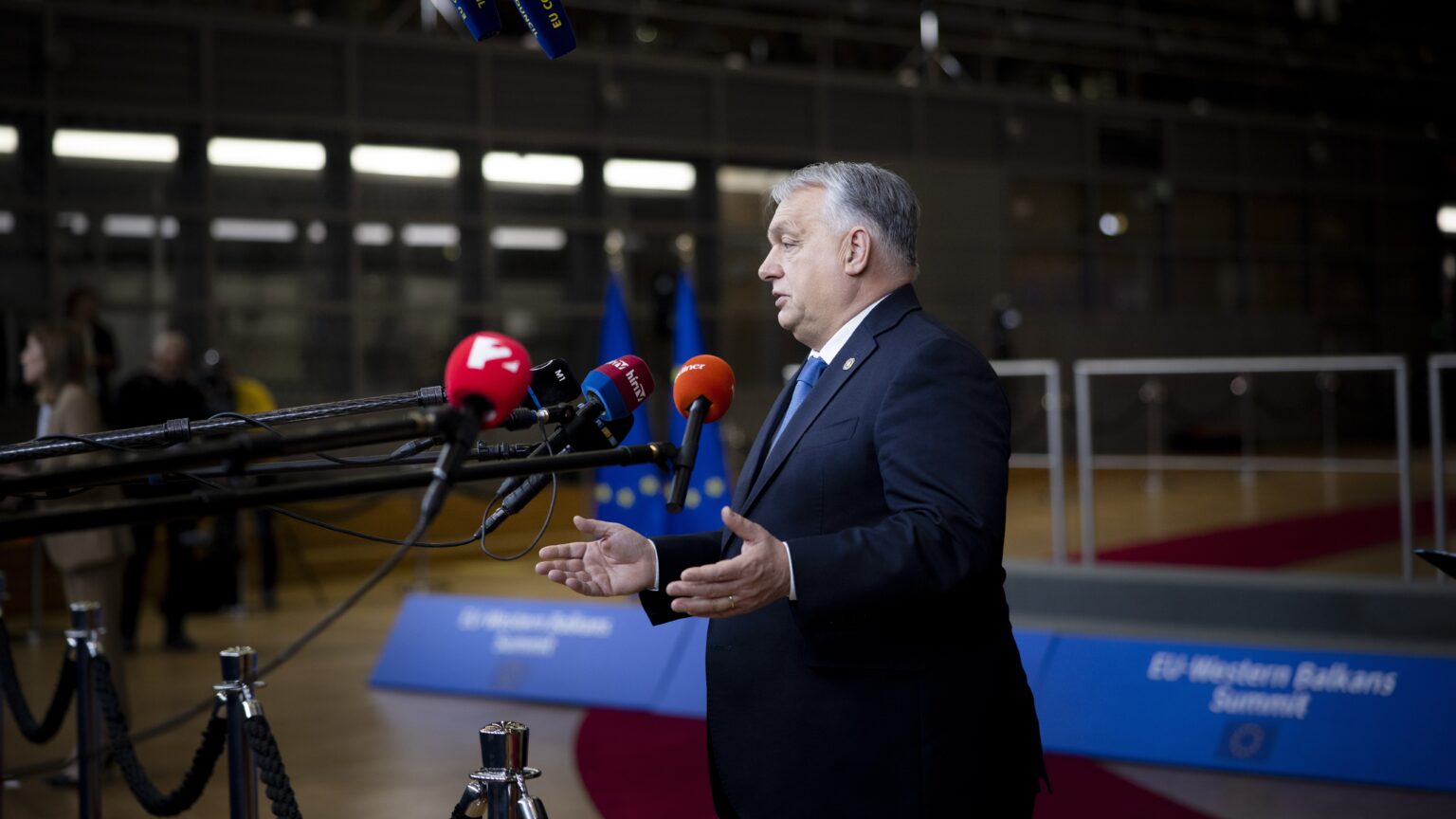
‘The Hungarian government’s position remains unchanged…we will not build a refugee camp, we will not change the way we protect our borders, and we will not become an immigrant country. We will not accept Brussels telling us who we can live with,’ Prime Minister Viktor Orbán has declared. For his stance against mass migration, he was praised by famous British activist Tommy Robinson on X.

A new film about a young, ambitious woman suddenly becoming the governor of a state just to be pushed out by the evil scheme of her husband, Ella McCay, grossed just $4.5 million in the box office against a $35 million budget. This prompted Disney to cancel its international premiere in France due to a lack of interest.

The US Embassy in Budapest has commemorated the 48th anniversary of the return of the Holy Crown of King St Stephen, calling the 1978 transfer an important milestone in American–Hungarian relations. The gesture highlighted a moment when diplomacy, history and symbolism intersected at the height of the Cold War.
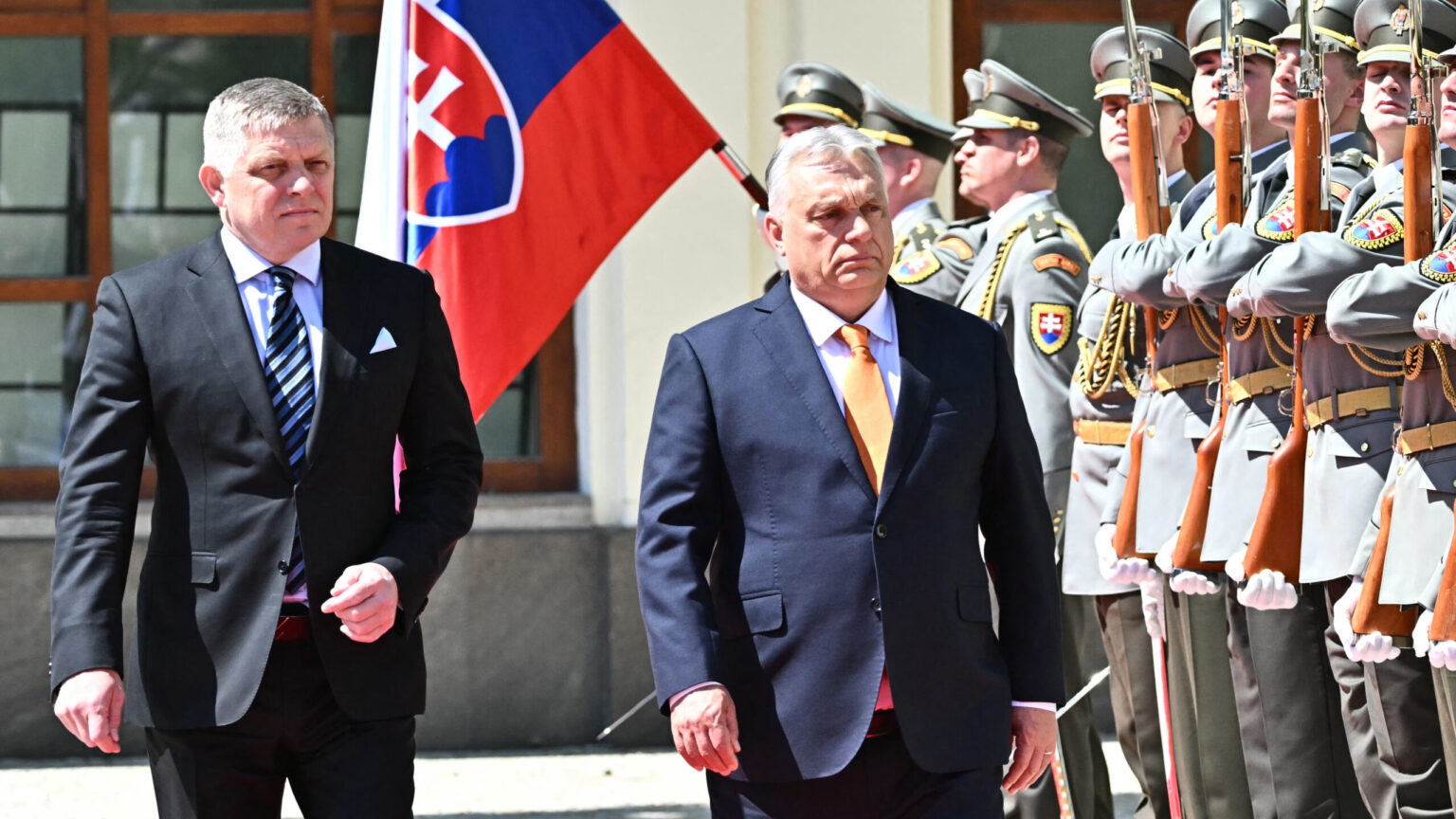
Hungarian Prime Minister Viktor Orbán has vowed to conclude talks with Slovakia over a new law criminalizing criticism of the Beneš decrees, warning that it revives the principle of collective guilt. The legislation has strained bilateral relations and reignited long-standing disputes over the treatment of the Hungarian minority in Slovakia.
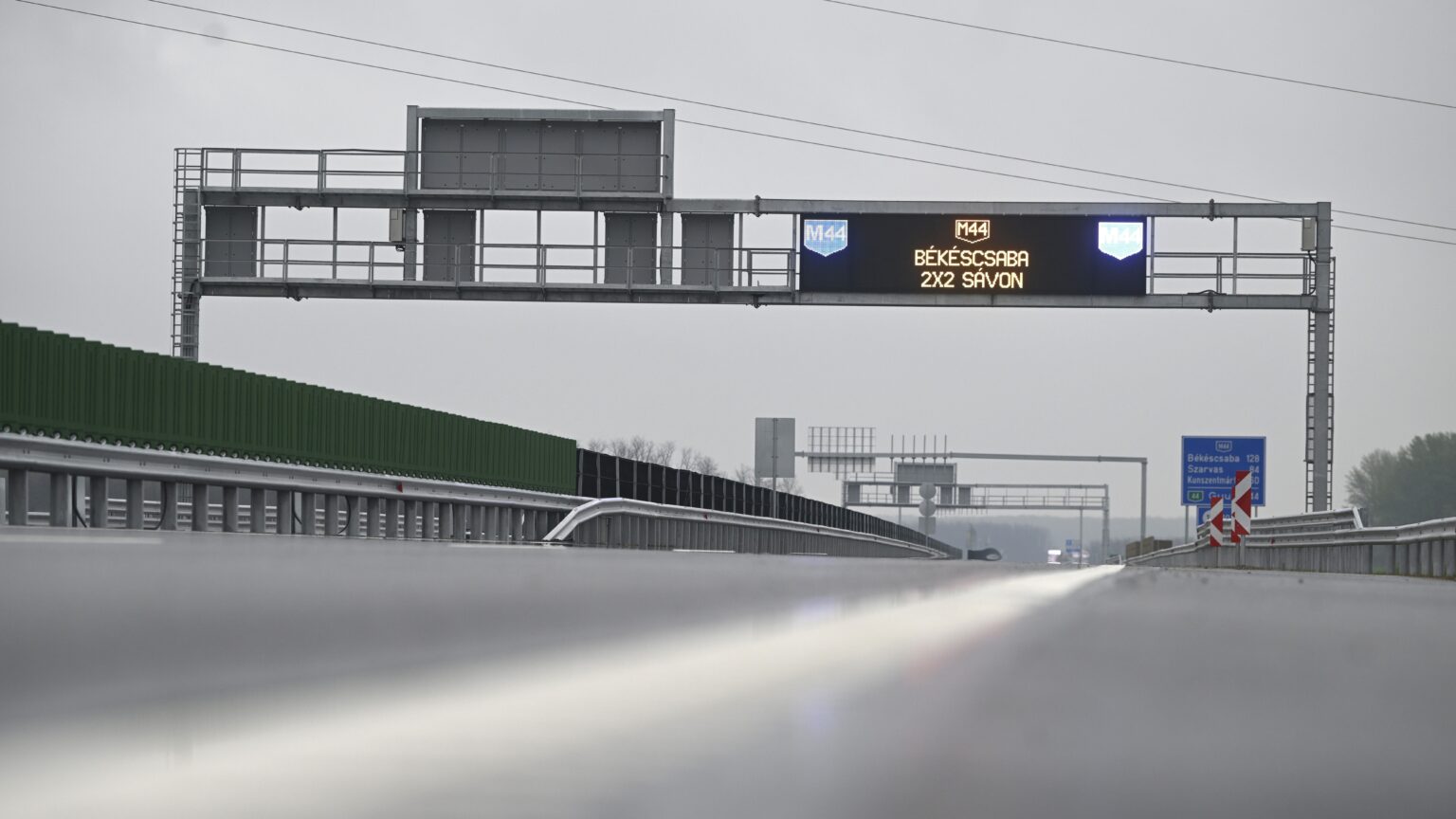
The northern section of the Corridor 5C motorway crossing Bosnia-Herzegovina, linking Budapest with Croatia’s Adriatic port of Ploče, could be completed by the end of 2026, marking a major step in a long-delayed regional project.

More than 33 million pilgrims travelled to Rome during the Jubilee Holy Year, exceeding all expectations, as the Vatican prepares to close the Holy Door of St Peter’s Basilica, marking the end of a year dedicated to hope and renewal.
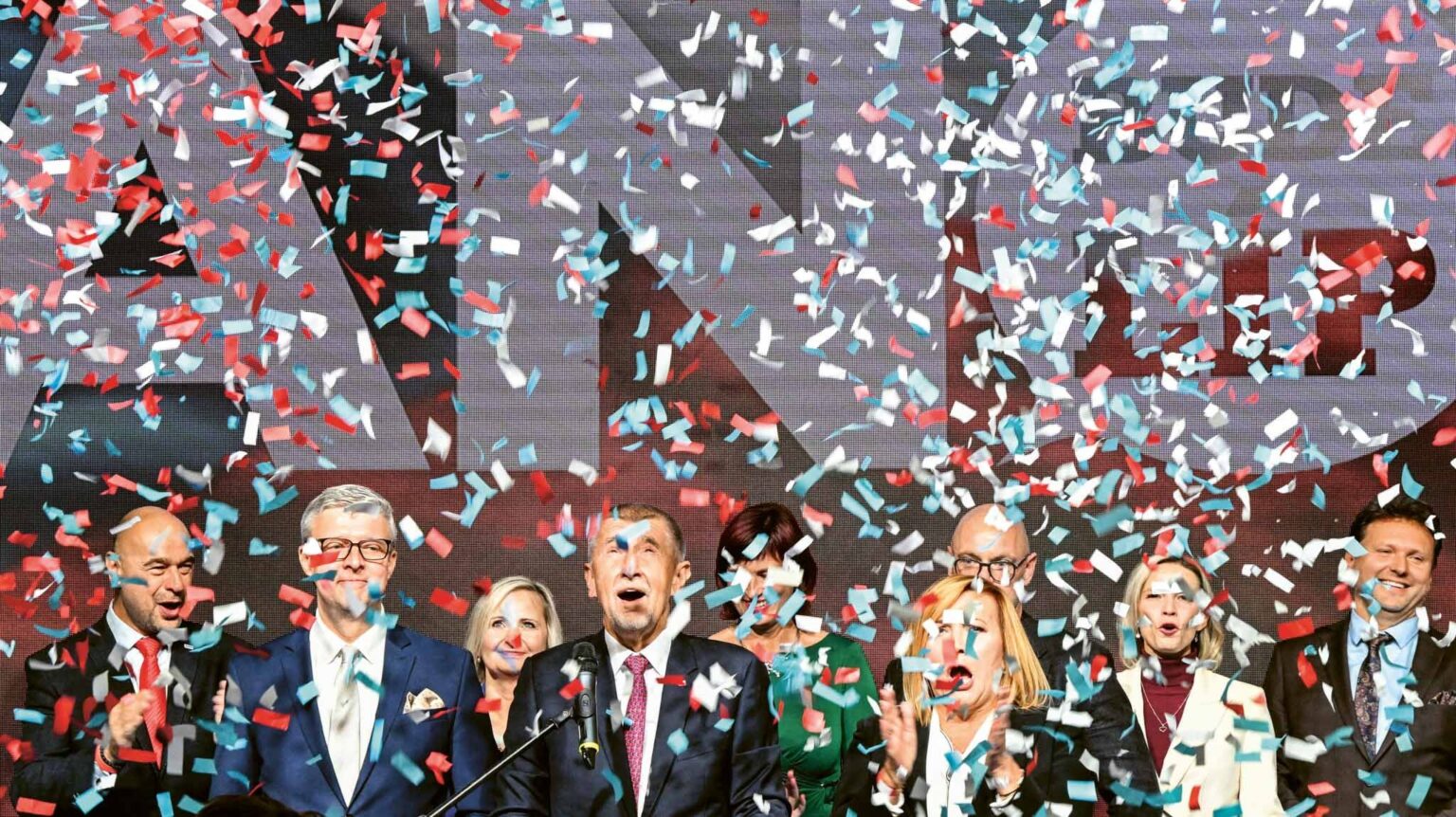
‘The Czech Republic’s new coalition government…marks a shift towards a sovereignty-focused, security-conscious, and state-centred model of governance.’

The song thrush has been named Hungary’s Bird of the Year for 2026 following an online public vote organized by the Hungarian Ornithological and Nature Conservation Society, highlighting the species’ beauty, ecology and conservation challenges.

Hungarian defence firm 4iG Space and Defence Technologies has signed an exclusive cooperation agreement with TATRA Trucks, granting it representation and sales rights for the Czech manufacturer’s military vehicles in Hungary. The deal supports Budapest’s ambition to strengthen domestic defence production and NATO-compatible capabilities.

Ferencváros striker Barnabás Varga, who has scored five goals in five games in Hungary’s FIFA World Cup qualification campaign and four goals in six games for his club in the UEFA Europa League this season, is set to sign with 13-time Greek champions and current league leaders AEK Athens. Media reports claim AEK will pay Ferencváros €4.5 million for his transfer.
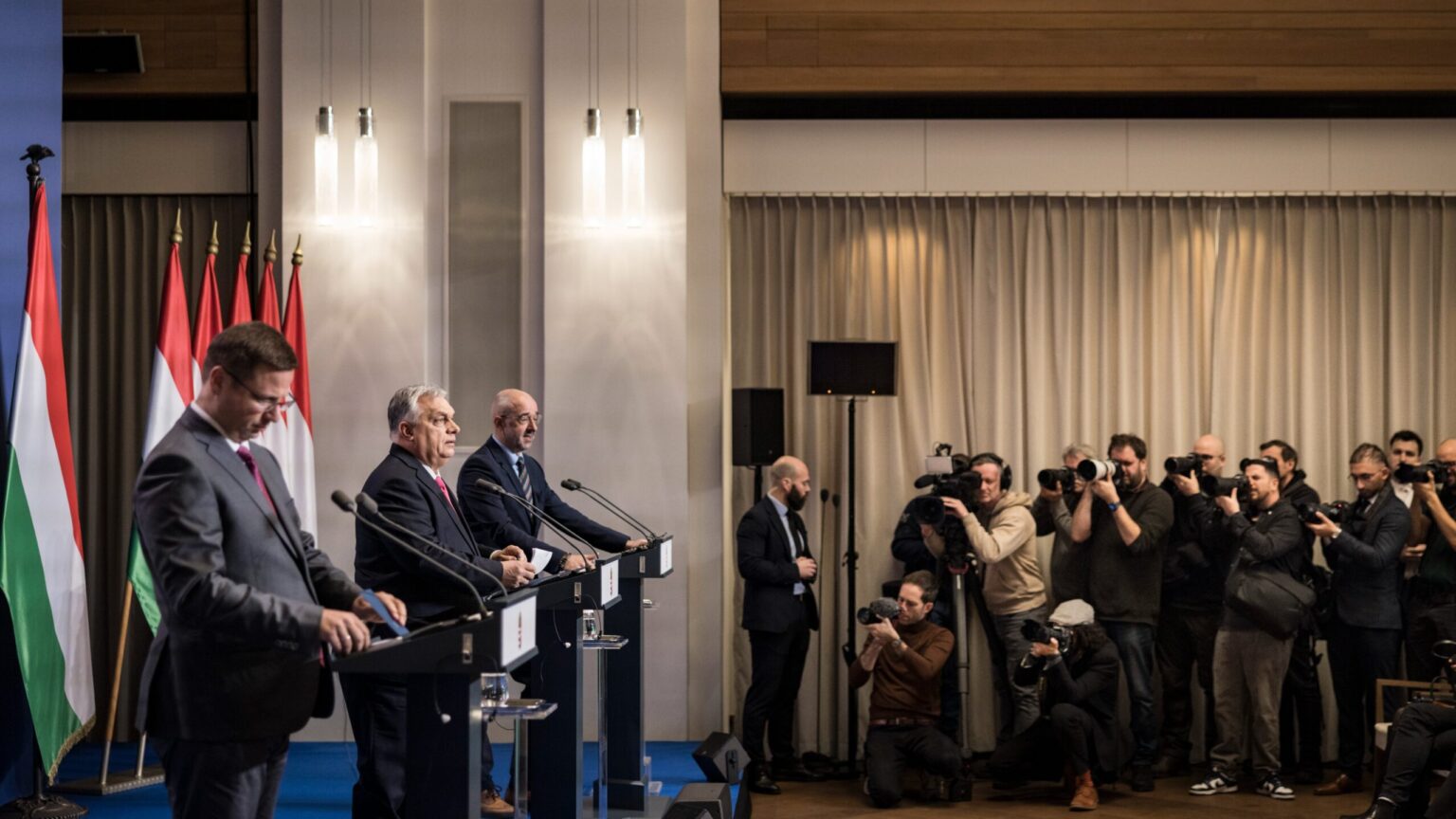
Viktor Orbán opened the year with a two-hour international press conference, declaring that 2025 marked the definitive end of the liberal world order and the dawn of an ‘age of nations’. Promoting Hungary’s ‘peace economy’, opposition to war-driven policies and EU migration plans, he framed the coming election as a decisive civilizational choice.

From 1 January, members of the Hungarian Defence Forces and civilian defence employees are receiving improved non-wage benefits, including higher travel reimbursements, increased housing support and expanded family-related allowances.

New Year’s Eve riots in several Western European cities have once again exposed the direct link between illegal migration and the erosion of public security. Citing attacks on emergency services and widespread vandalism, Viktor Orbán’s chief security adviser warned that Europe is repeating a failed model.

In the early morning hours of 3 January, the special forces of the US Army captured President Nicolás Maduro of Venezuela, who is now transferred to the United States to face justice in his criminal case. But why did the Trump administration choose to take such a drastic measure?
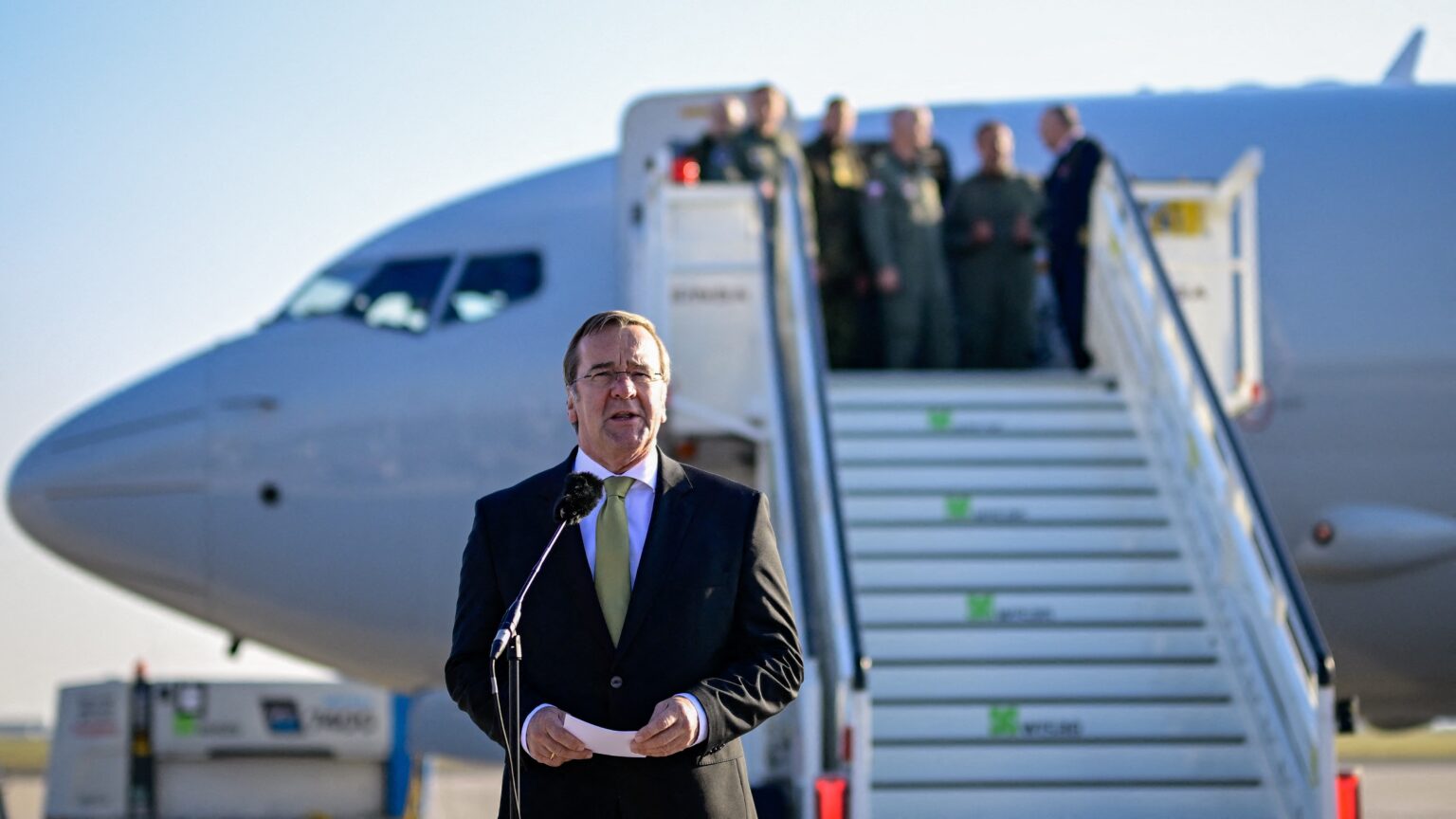
‘The core paradox of the European Union has always been an aspiration to function as an imperial power without possessing imperial sovereignty. It claims authority over trade, regulations, and cultural norms across the continent, yet it relies on the American nuclear umbrella for external protection and lacks the independent military force needed to impose its will.’

Hungary is launching a new phase of its family-focused tax policy from 1 January, expanding tax allowances, widening income tax exemptions for mothers and raising several family-related benefits.
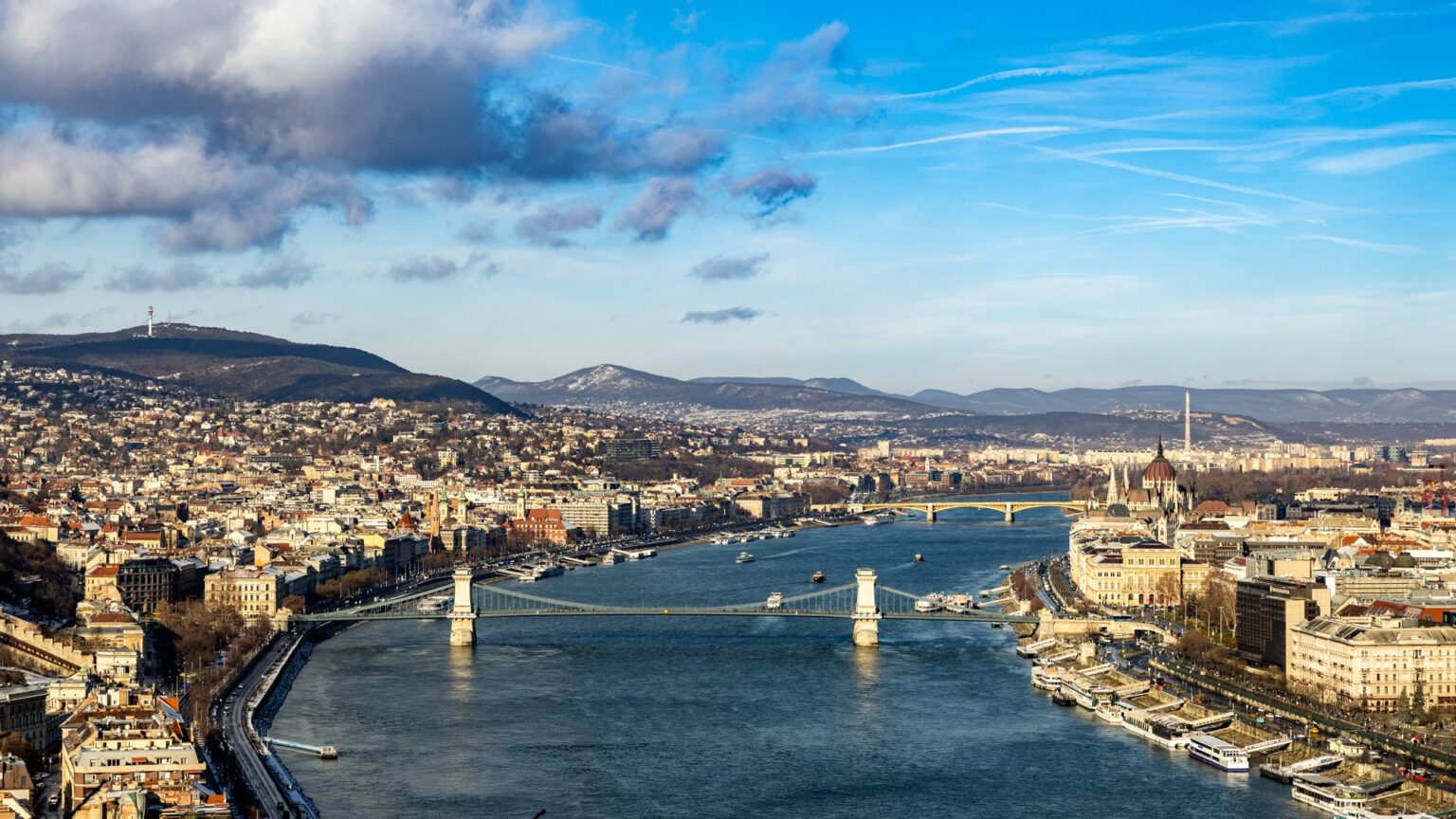
Hungary’s minimum wage rose by 11 per cent from 1 January under a nationwide agreement, alongside a 7 per cent increase in the guaranteed wage floor. The pay rise also lifts several social benefits, strengthening household incomes.

‘Though several borders separate the modern states of Hungary and Lithuania, Hungarian readers will find some common history…’
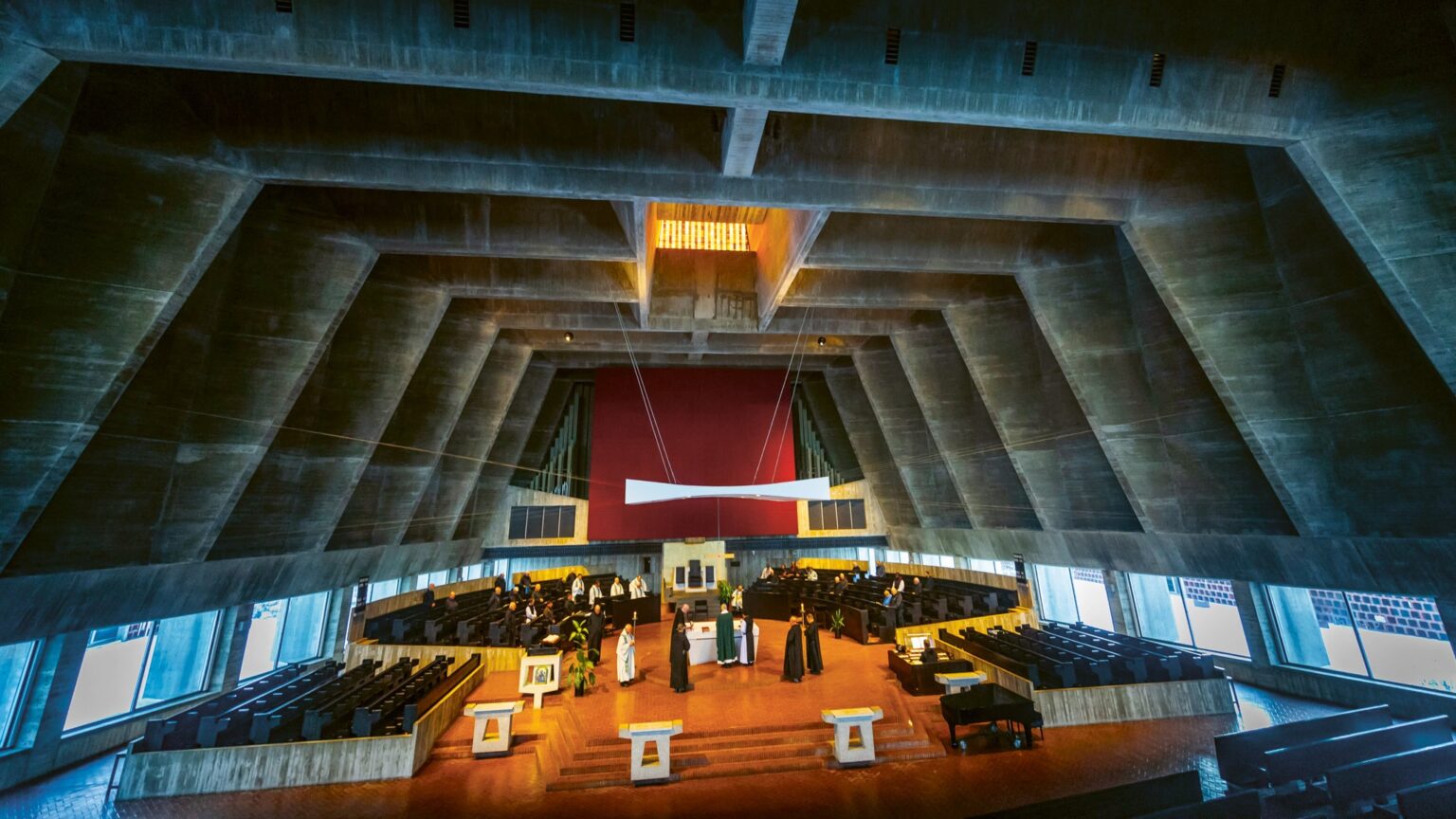
In February, Adrien Brody took home the Oscar for Best Actor for his portrayal of a Hungarian architect, László Tóth, rebuilding his life in the United States after the Holocaust. However, audiences left cinemas yearning to know more about this great Hungarian American, only to be disappointed to discover that he does not exist…

In 2023, the small Israeli community of Nir Oz, located near the Gaza border, became the scene of one of the deadliest attacks in Israel’s recent history.
‘The claim is as follows: conservatives are indeed stupid and lack intellectual curiosity, and the progressives, be they liberals or socialists…have the intellectual firepower on their side.’

Hungary’s rearmament is looking to its traditional German suppliers, while also reaching beyond blocs to Türkiye and Brazil.
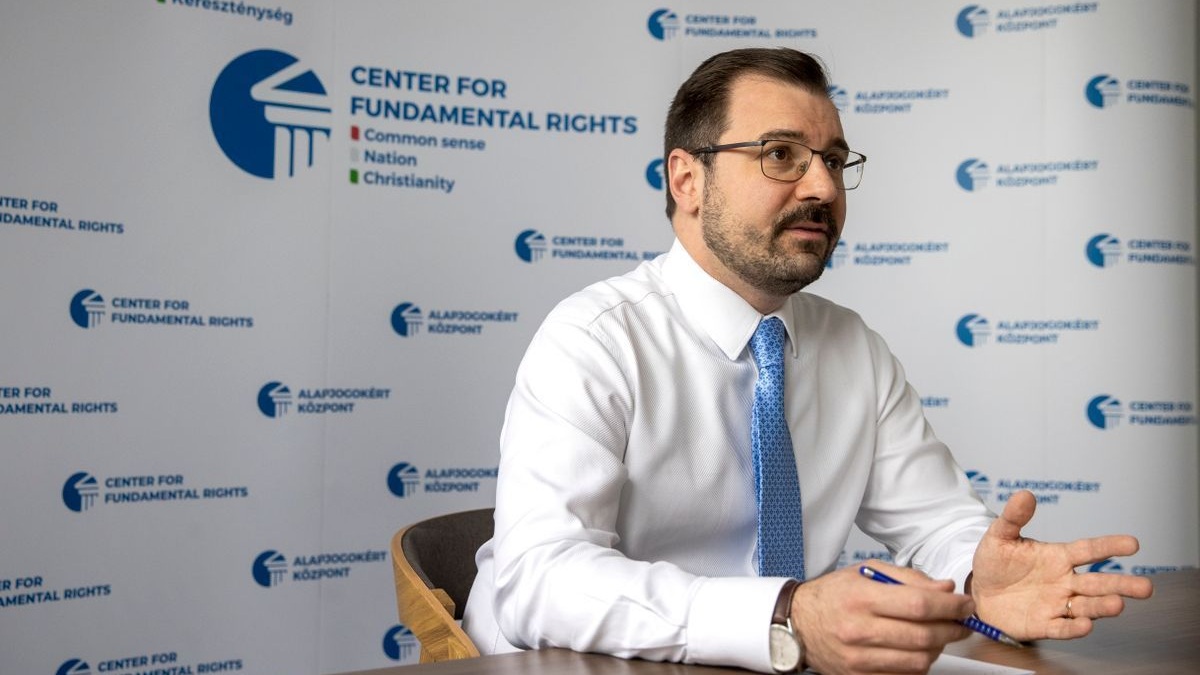
Director General of the Center for Fundamental Rights Miklós Szánthó warned that Hungary’s Tisza Party is preparing austerity measures ‘Generation Z has only read about in history books,’ including tax hikes and privatization plans. He also argued that Europe is escalating the conflict in Ukraine while the rest of the world is seeking peace.

‘As the harmful impacts of climate change manifest rapidly, there is a growing need for judicial and similar remedies to address states’ responsibilities for greenhouse-gas emissions, failures in mitigation or adaptation, and related human-rights claims.’